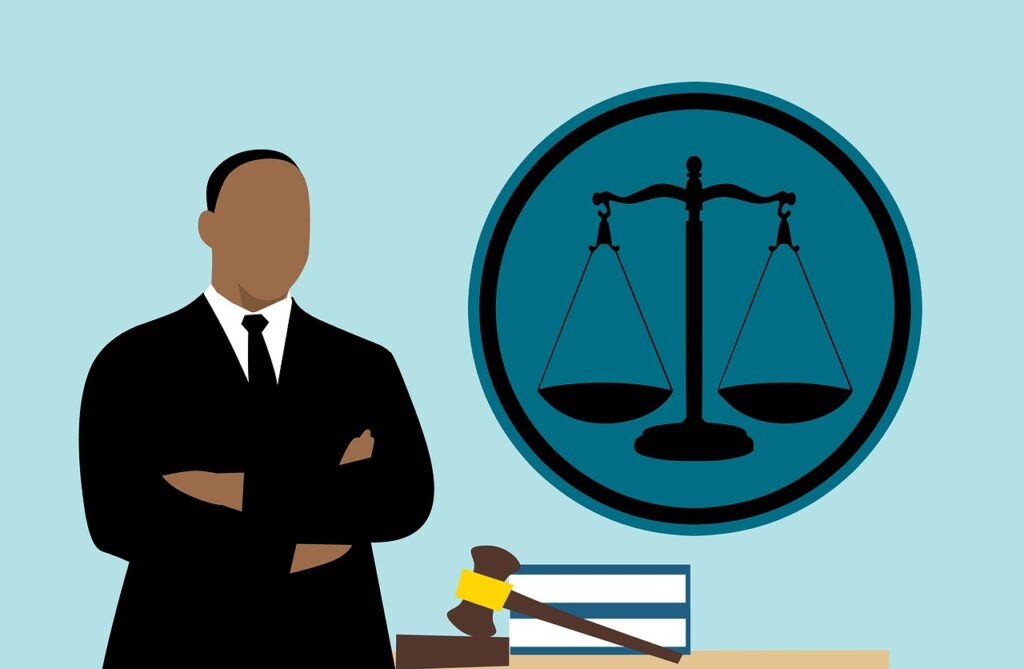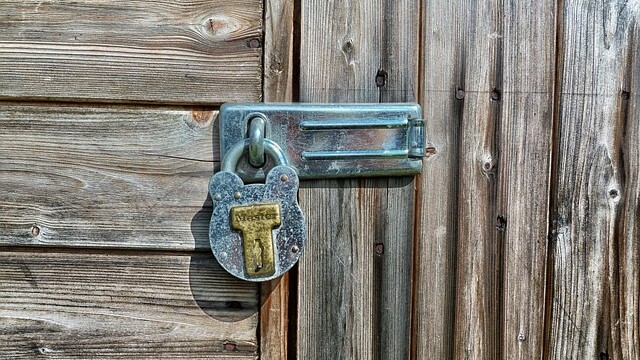Admissible evidence is an important cornerstone of all workplace investigations and is crucial in ensuring that the investigative process remains fair and just. It contributes significantly to the decisions made throughout and at the conclusion of the investigation and upholds the integrity of an organisation’s response to workplace issues.
When investigators attempt to uncover the facts of a situation and determine responsibility, admissible evidence plays a pivotal role in this process by ensuring that the information gathered can be legally considered in making these determinations. Each case presents its own unique complexities and failing to acquire admissible evidence, organisations risk compromised investigations, legal disputes, and damaged reputations. By actively improving the processes with which admissible evidence is collected, employers can better ensure investigations that not only withstand legal scrutiny but also contribute to a safer, more inclusive, and equitable work environment for all.

Collection of Admissible Evidence
In any workplace investigation, the collection and preservation of evidence are pivotal to establishing the facts and ensuring admissible proof. Mishandling evidence can not only jeopardise the credibility of the investigation but may also render it legally insufficient. There are many factors that impact the way in which certain evidence is handled including its form, the purpose it serves, organisational policies and available resources. However, regardless of the context of the investigation, there are some key considerations that all employers must keep in mind:
Secure Evidence Storage
Admissible evidence relies heavily on storing collected evidence in a secure and tamper-proof manner. This includes physical evidence, digital files, and any other relevant materials. Evidence that is compromised or tampered with loses its credibility and admissibility. Secure storage ensures that evidence remains intact, unaltered, and trustworthy, helping to preserve the credibility of the investigation. Many jurisdictions and industries also have strict legal requirements regarding the storage of evidence. Failure to comply can lead to legal consequences and jeopardise the outcome of the investigation.
Achieving secure evidence storage involves implementing rigorous practices and protocols. Some useful tips include:
- Restricting access to evidence storage areas to authorised personnel only. Use physical locks, electronic access controls, and security measures to prevent unauthorised entry.
- Maintaining a detailed chain of custody log for each piece of evidence. This document should record who had access to the evidence, when, and for what purpose. Any transfers or movements of evidence should be noted to protect authenticity.
- Use tamper-evident packaging for physical evidence. These containers are designed to show if they have been opened or tampered with, ensuring the evidence remains untouched until needed.
- For digital evidence, employ encryption and access controls. Regularly back up digital data to prevent loss, and ensure that it is stored in a secure, password-protected environment.
- Conduct regular audits of evidence storage areas and chain of custody records. These audits help identify any irregularities or discrepancies that may compromise the integrity of the evidence.
- Emphasise the need to document the process of collecting evidence meticulously. Investigators should record details such as the date, time, location, and individuals involved in the collection process.
Witness Interviews as Admissible Evidence
Investigative interviews contribute heavily to an investigator’s understanding of the facts of the case and provide valuable information that can change the course of an entire investigation. However in order to ensure that any learnings from an investigative interview meet the criteria of admissible evidence, they must be conducted with care to ensure admissibility and accuracy.
Conducting effective witness interviews necessitates careful planning and adherence to best practices. Here are some key considerations:
- Before conducting interviews, investigators should thoroughly familiarise themselves with the case, including relevant documents and evidence. This preparation ensures that interviews are focused and productive.
- The manner in which questions are framed significantly impacts the admissibility and accuracy of witness statements. Investigators must employ open-ended and neutral questioning techniques to elicit comprehensive and unbiased responses.
- Detailed documentation of witness interviews is paramount. This includes recording the date, time, location, and participants in the interview. Accurate note-taking or audio/video recording helps preserve the integrity of witness statements.
- Consistency in the interview process is essential. All witnesses should be treated fairly and given an opportunity to provide their account of events. Any deviations from this standard may raise concerns about the admissibility of evidence.
- Establishing a cooperative and trusting atmosphere is key to effective interviews. Witnesses should feel comfortable and secure when providing their statements, reducing the risk of untruthful or coerced responses.
- Maintaining ethical conduct is non-negotiable. Investigators must avoid leading or suggestive questioning and refrain from coercive tactics. Ethical interviewing practices are not only critical for admissibility but also for maintaining the credibility of the investigation.

Expert Witnesses and Admissible Evidence
In some complex workplace investigations, expert witnesses can provide specialised knowledge and opinions that help clarify issues. In order for their input to be considered admissible evidence, employers must keep the following in mind when choosing experts to contribute to the investigation.
- Selecting experts with appropriate qualifications and credentials related to the specific issues being investigated. Ensure that their expertise is relevant to the case at hand.
- The credibility of expert witnesses is crucial. Their testimony should be based on sound methodology and reliable data. Attorneys may challenge the credibility of expert witnesses, so thorough vetting is essential.
- Experts should present their findings and opinions clearly and comprehensibly. Their testimony should help the fact-finder understand complex issues relevant to the investigation.
- Have more than one expert provide their opinion to limit bias and ensure the reliability of any information provided. Diverse expert opinions can also provide a more comprehensive view of the issues at hand, aiding in the fact-finding process.
The importance of admissible evidence in workplace investigations cannot be overstated. It is a core aspect upon which decisions are made, and it underpins the very foundation of accountability and fairness in investigations. In each case, the unique complexities and sensitivities call for a tailored approach. Investigators and employers must be agile in their methods and vigilant in maintaining the standard with which proof is considered admissible evidence.
/
Table of Contents
Let's Get Started
Interested in learning more about how Polonious can help?
Get a free consultation or demo with one of our experts




